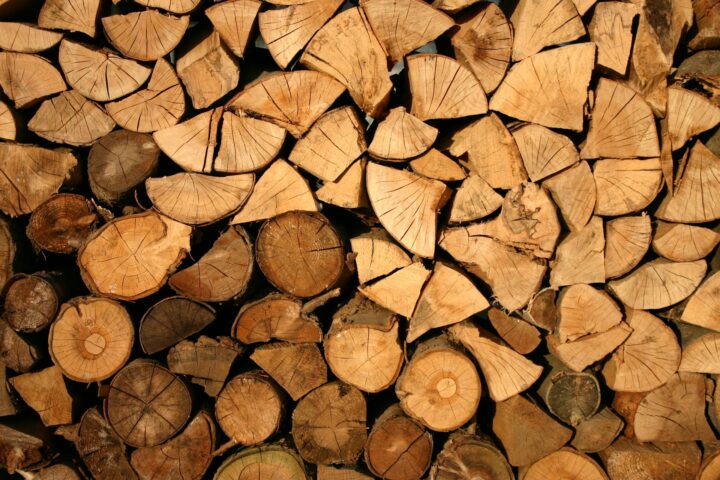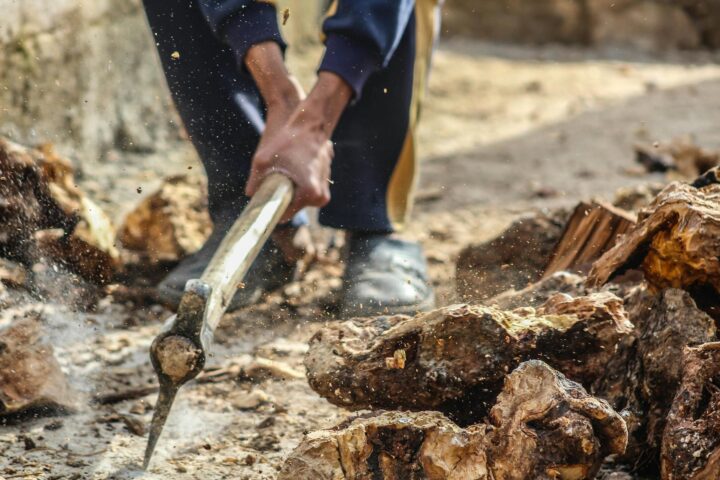-
The Economic Value of Timber
Timber, as a valuable natural resource, holds significant economic value. In this article, we will explore the economic benefits and contributions of the timber industry.
Job Creation
The timber industry creates numerous employment opportunities. From logging and timber harvesting to processing, manufacturing, and distribution, the industry supports a wide range of jobs across the supply chain. These jobs provide livelihoods for individuals and support local economies, particularly in rural areas where timber resources are abundant.
Economic Growth
The timber industry contributes to economic growth at various levels. It generates revenue through the sale of timber products, both domestically and through exports. The income generated by the industry stimulates local economies, supporting businesses, services, and infrastructure development. Additionally, the timber industry often serves as a catalyst for related sectors such as construction, furniture manufacturing, and renewable energy, further driving economic growth.
Trade and Exports
Timber products are widely traded internationally, contributing to global trade and export revenues for countries with abundant timber resources. Exporting timber products can boost a nation's trade balance and foster economic ties with other countries. Additionally, the timber industry can provide a source of foreign exchange earnings, enhancing a country's economic stability.
Sustainable Forest Management
The timber industry promotes sustainable forest management practices, which have long-term economic benefits. Responsible harvesting and forest management ensure a continuous supply of timber while preserving the health and productivity of forests. This sustainable approach helps secure the availability of timber resources for future generations, supporting the long-term viability of the industry.
Value-Added Products
Timber is not only used for construction but also for a wide range of value-added products. From furniture and flooring to paper and packaging materials, the versatility of timber allows for the production of various high-value products. These products contribute to additional economic value, driving revenue and expanding market opportunities for businesses in the timber industry.
Tourism and Recreation
Forests and timber-rich landscapes attract tourists and outdoor enthusiasts, creating opportunities for recreational activities such as hiking, camping, and wildlife watching. The tourism industry benefits from the natural beauty and biodiversity associated with timber resources, generating revenue and supporting local economies through visitor spending.
In conclusion, timber holds significant economic value. The timber industry creates jobs, drives economic growth, supports trade and exports, and promotes sustainable forest management. Additionally, the production of value-added timber products and the role of timber-rich landscapes in tourism further contribute to the economic benefits associated with timber resources. Recognizing and harnessing the economic value of timber can lead to sustainable economic development and prosperity.




